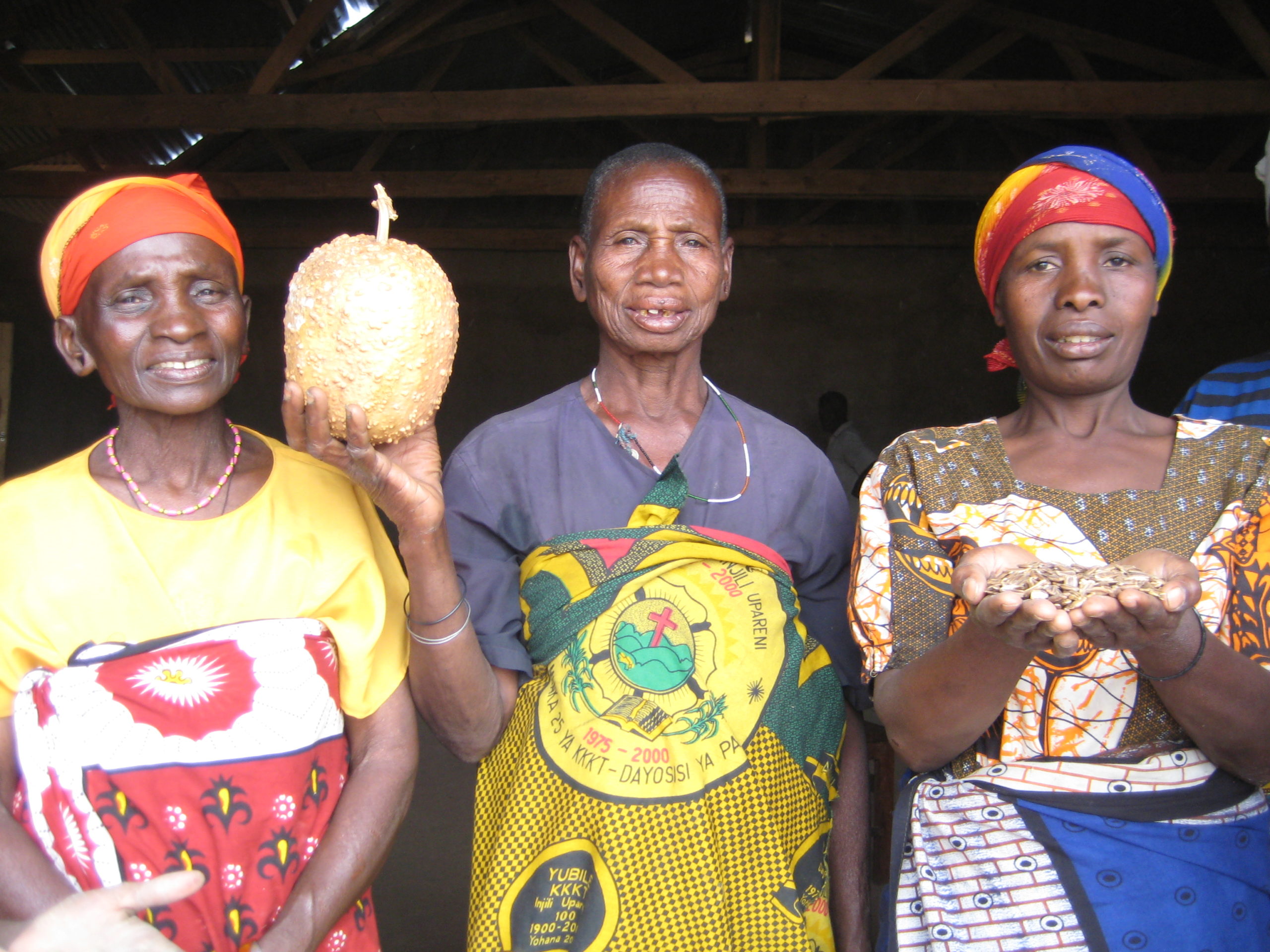
Decolonising cooperation, how and to what extent?
(Automatic translation by Deepl, sugestions for improvement are welcome).
In the world of development cooperation there is a lot of talk about decolonisation. This is about putting decision-making and resources for development cooperation in the hands of the people directly affected by aid and development programmes, rather than in the hands of donors and international NGOs.
I worked for NGOs for 25 years, until two years ago, when I left to go into consultancy. Some time ago I was asked about decolonisation by a dozen people from NGOs in countries on three continents. The results were almost unanimous: ideally, decisions should be taken by communities, with their grassroots organisations. The reality they saw was that decisions were actually made by donors in rich countries, almost always governments, and second, but far behind, by the international NGOs to which they belonged. The communities came last, and hardly decided anything any more. It was a true picture of how things are, rather than how they should be.
But alas, we in the aid worker tribe are very good at defining how things should be. Our work sector is largely made up of people of a utopian nature, which is only fair and desirable, given the thanklessness of working for the betterment of a world that refuses to improve. But this sometimes leads us to fall into wishful thinking, and what we have in excess of goodwill we lack in precision of proposals.
Given that the money is in the rich countries, and the recipients are in the poor, questioning how donors cede power – I am now talking about governments and multilaterals – is not at the centre of the debate, except in abstract terms. Governments do not talk much about decolonising aid. And they do even less.
There are things where governments could give up power: in the issues they fund, which are mostly very closed: one funds agroecology, but not sustainable agriculture, or vice versa. Another funds forests, but not fisheries. Others want nothing to do with advocacy. Being more open about the issues would help to decolonise.
Money and its justification is another matter. It is normal for governments not to cede that power, because they have an obligation to answer to their citizens for their taxes, and the latter would not look favourably on a hypothetical misuse of aid money. Since governments and multilateral agencies are unlikely candidates for decolonisation on this issue, let us see if INGOs can be. Can they delegate their power and resources to Southern organisations and communities?
International NGOs have a thankless but important role, that of monitoring the use of funds and being responsible for their replenishment in case of misuse. This responsibility comes at a very high cost. Thousands of people in the North checking invoices for projects in the South.
Let us imagine that Northern NGOs abandon all protagonism and use of power, leaving everything to Southern organisations: it is an appealing idea, because the ultimate aspiration of Northern NGOs should be to disappear, but there is a reason why this is not possible. It is that the intermediaries between the governments that provide the money or the partners that pay their dues will also want to be held accountable: the money still goes from North to South.
International NGOs have a thankless but important role, that of monitoring the use of funds and being responsible for their replenishment in case of misuse. This responsibility comes at a very high cost. Thousands of people in the North checking invoices for projects in the South. There are times when mismanagement occurs and money has to be returned to governments.
Whether the money comes from governments or NGOs, this mechanism will not change: organisations in the South will ask for money to do something, organisations in the North – where the money is – will approve it and ask for justification of expenses. This will not and cannot change, so what can be done?
Let’s go for a simple but important achievement: let the communities decide. At the moment, bureaucratic procedures make consultation difficult because there is no money or time to do it. Governments could pre-finance the discussion of the contents of future projects with communities so that consultation on their needs is real and not fictitious, which happens a lot today, because there is a lack of resources and time to do so. Governments could be much more flexible in the deadlines for submitting projects – longer calls, or always open – and in the changes that need to be made after approval, because circumstances have changed after a year and a half of submitting the bid. They could be more flexible in the deadlines for implementation, because rushed implementation in places where all the problems converge is a recipe for bad spending.
International NGOs could hire more technical staff in Southern countries, where available, and make Northern consultants travel less. They could also share more administrative costs with Southern organisations, so that they can grow.
But what decolonisation cannot be is just handing over money – which is the real representation of power, and what it is really about – by reducing the conditions of its justification. Let the audience do this exercise of imagination: could it happen that money managed unconditionally by organisations in the South goes to the most powerful people in the community, rather than the most disadvantaged? This is the case even with the current distribution of power and existing controls. The management of public money in the countries of the South is far from satisfactory.
Development cooperation is, like politics, the art of the possible. And to know what is possible, it is necessary to know in detail the mechanisms by which aid works: grants, audits, evaluations and activity reports. It is not possible to function without these procedures; they can only be improved so that the distribution of power improves.
If there are alternative proposals to this system, they have to come with the same level of detail on the control mechanisms that would be in place. But it is well known that control mechanisms are, in reality, just another way of exercising power. But it is also known that if you remove them, failure is guaranteed.
You may also like
Byzantine discussions on the decolonisation of development cooperation
Taking advantage of the time while I work in the garden, I have been listening to the podcast Livin


Post a comment